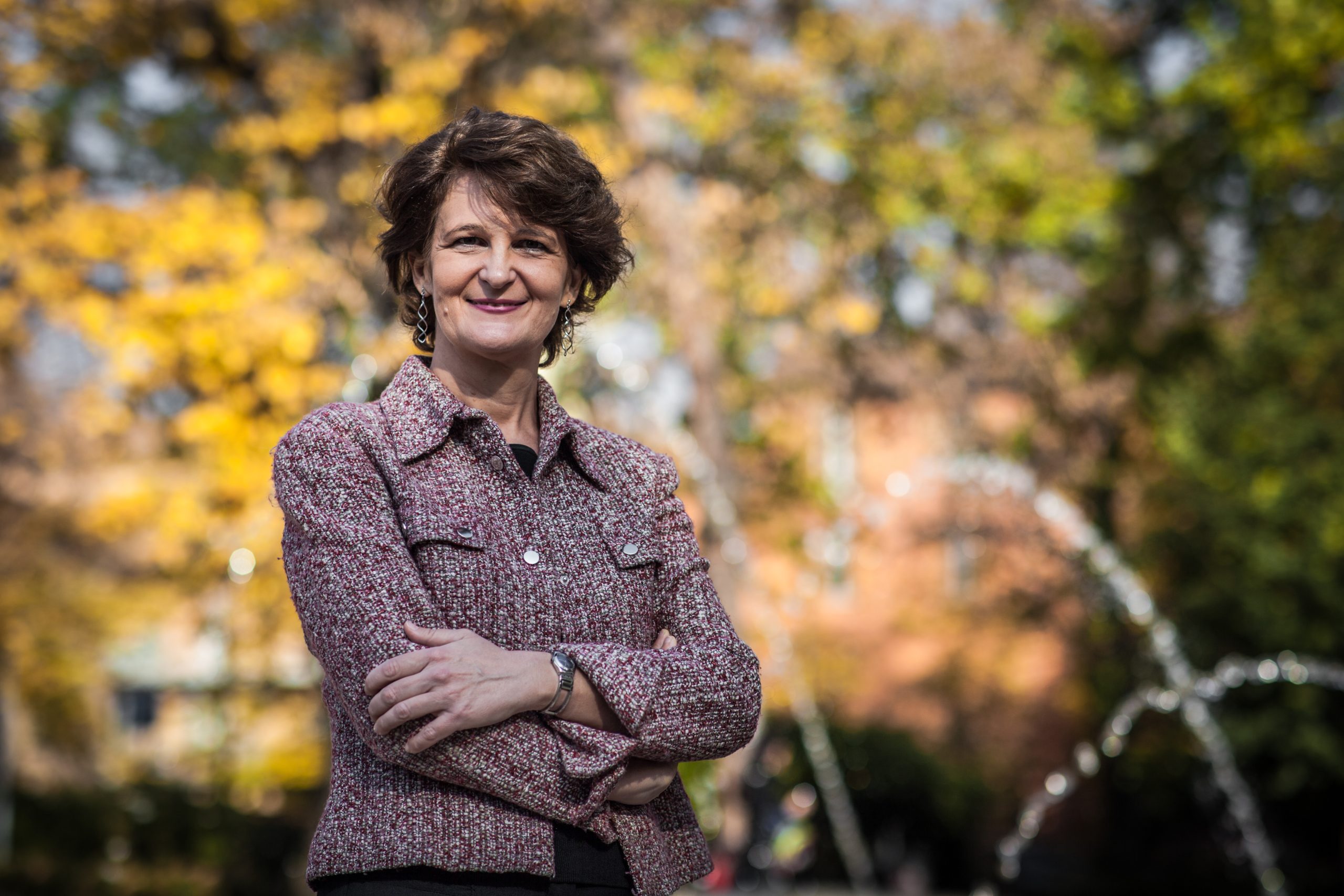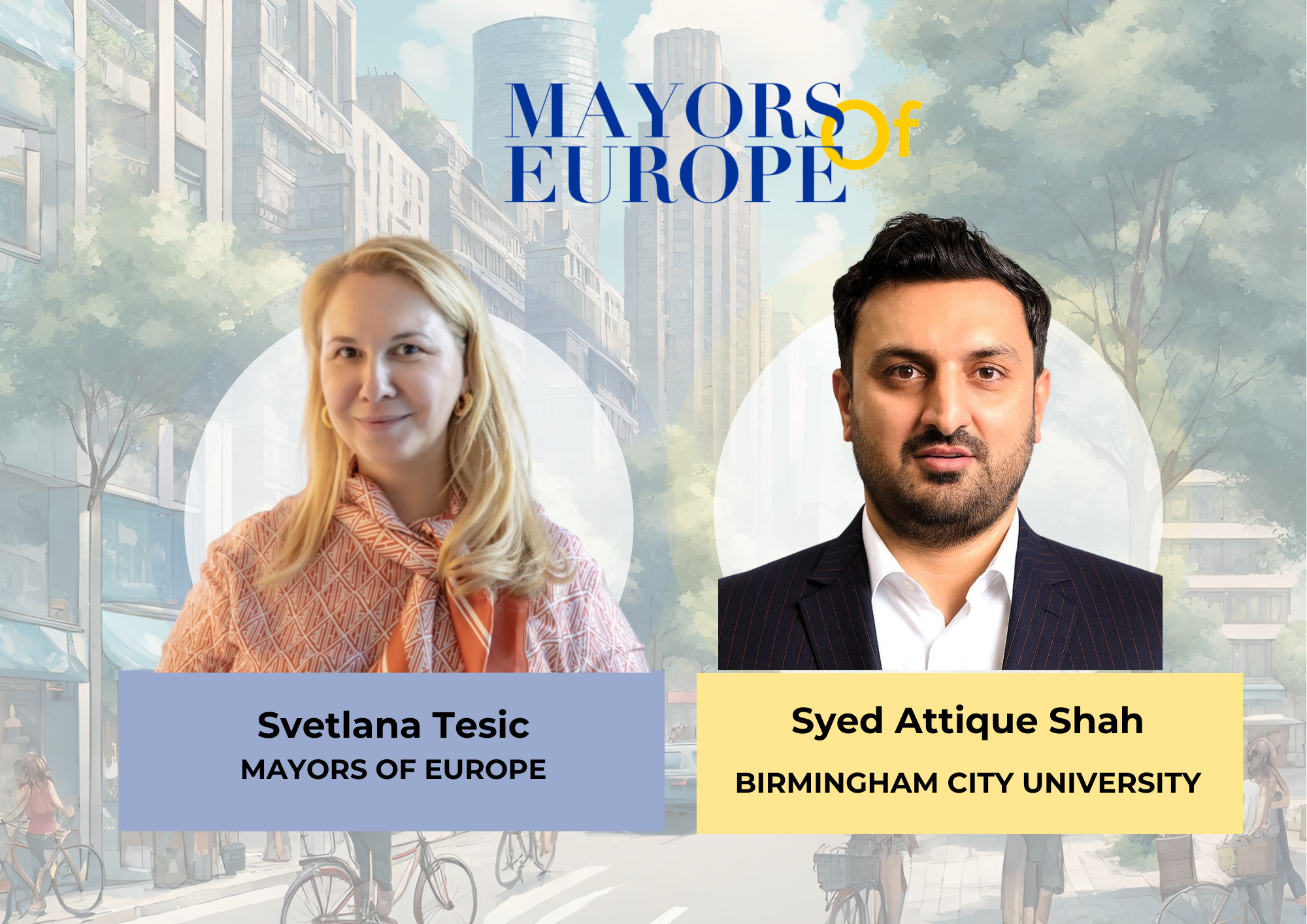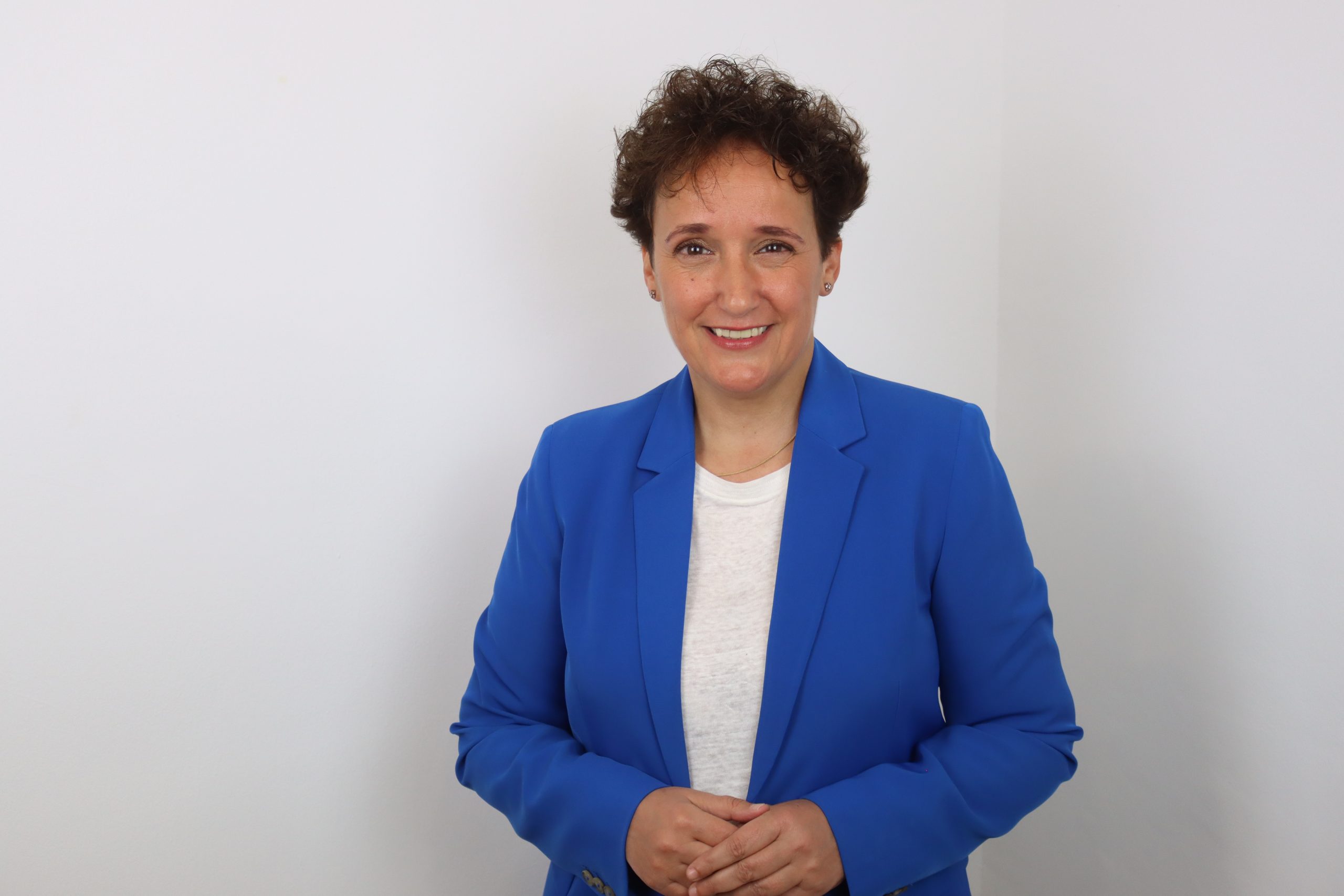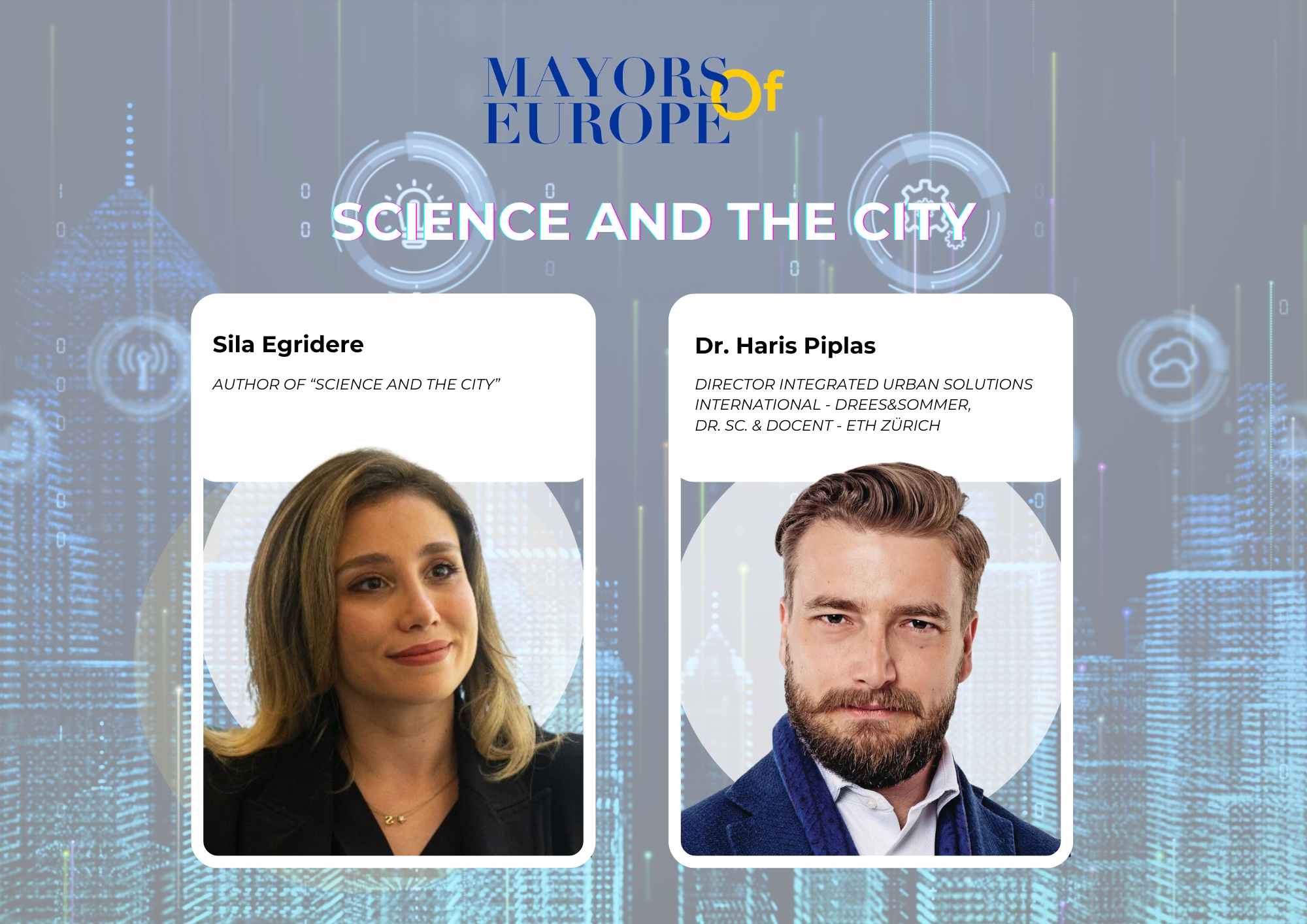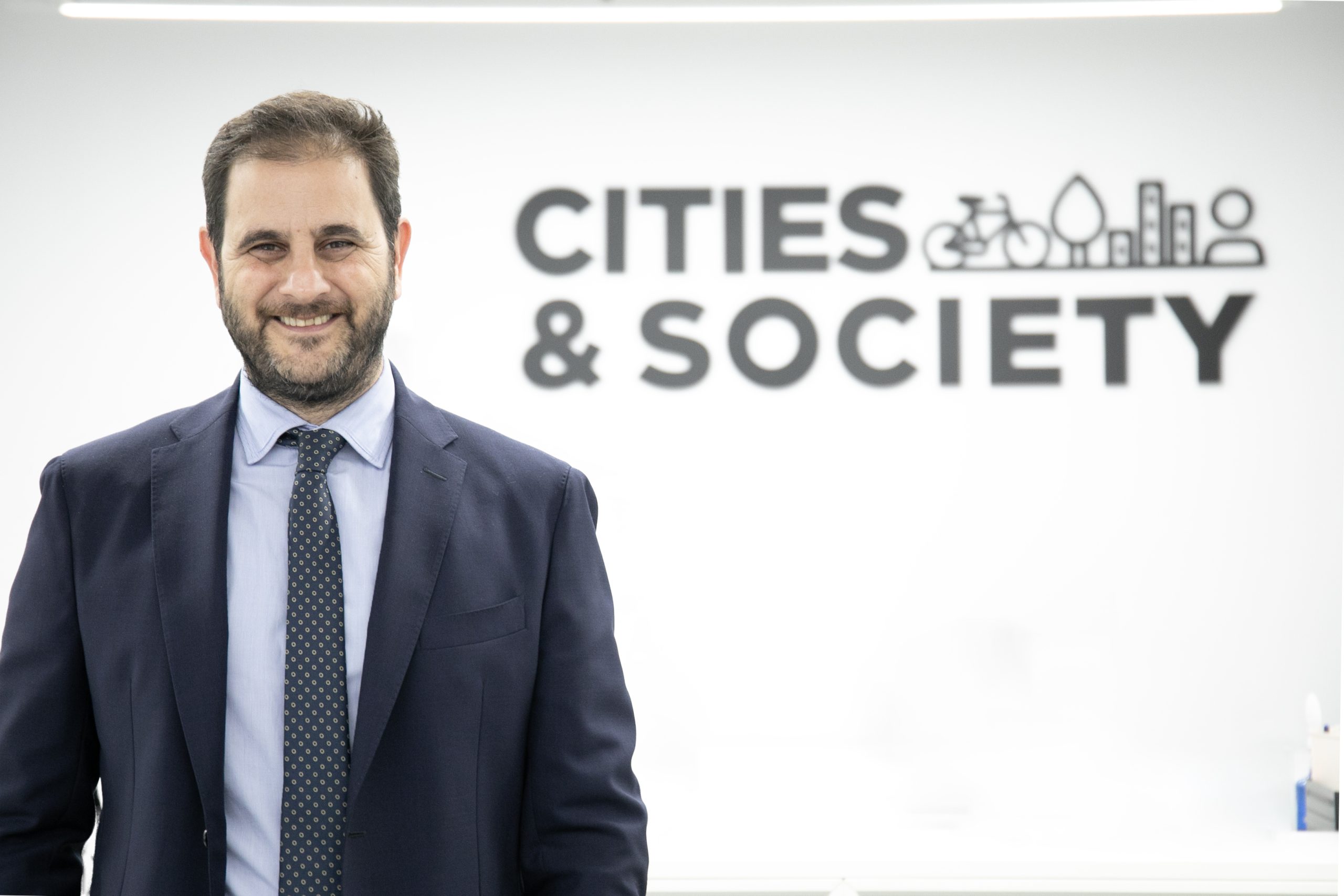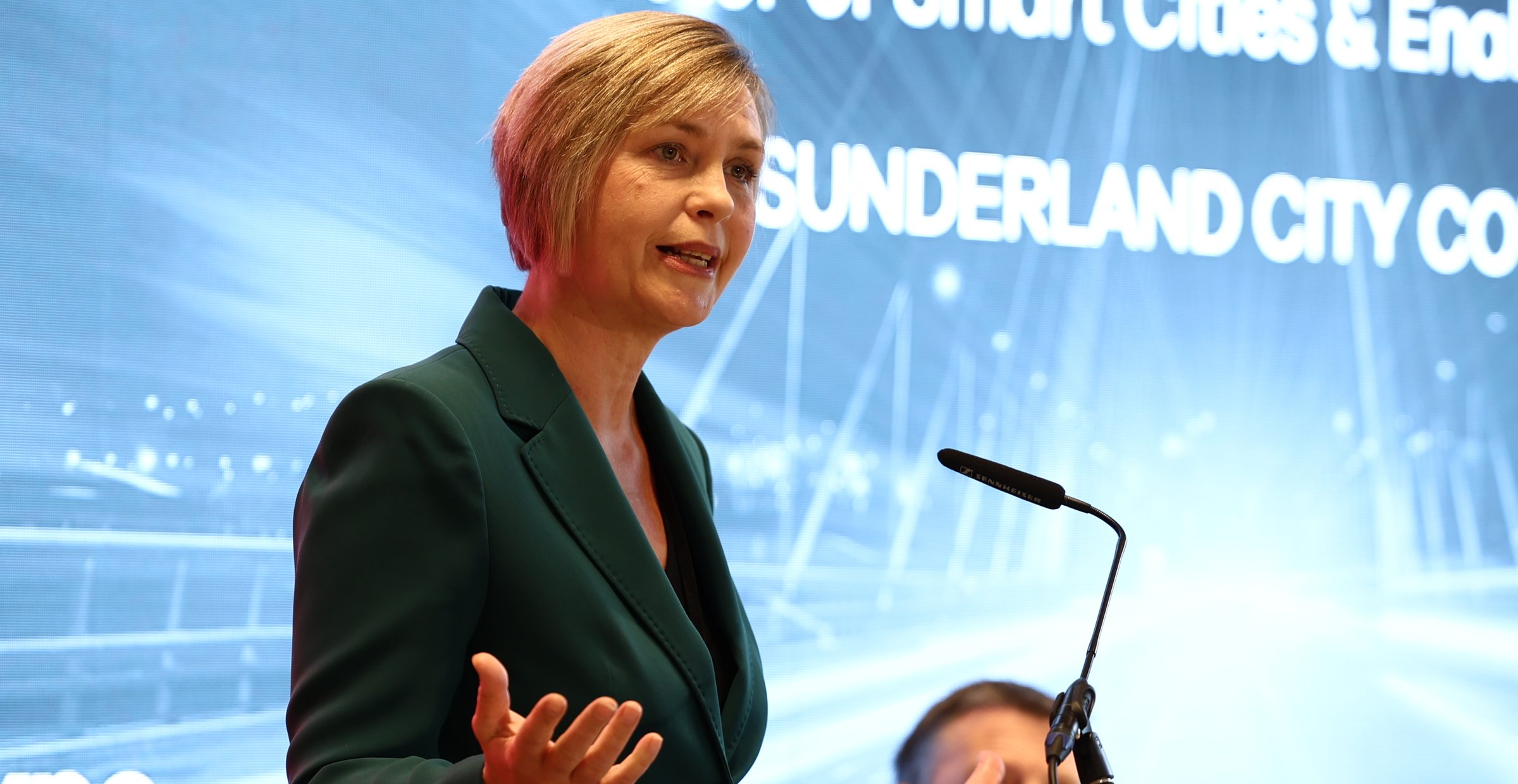Joe Appleton, BizzTech: Nothing makes data more visual or immersive than the metaverse. How cities can embrace this latest technology as a powerful development tool
Our cities and the way we live in them are transforming rapidly influenced by cutting-edge technology. Urban metaverse technology, in particular, can offer cities the tools to become more efficient, sustainable and engaging for their citizens by integrating the physical and virtual worlds. We are grateful to discuss it one of the early adopters and industry leaders, Joe Appleton, Smart Cities Director at BizzTech.
- Joe, What are some of the key areas where the transformative effect of metaverse technology can be impactful?
Urban metaverse technology is more than a buzzword; it’s a paradigm shift that intertwines our digital and physical landscapes. The most impactful areas include urban planning, where digital twins allow city planners to model changes with precision, reducing costly missteps and increasing resilience to challenges like climate change.
In public services, metaverse applications can streamline everything from transport logistics to emergency responses through immersive simulations. Meanwhile, community engagement gains a new dimension as citizens interact with their environment through AR-enhanced public spaces, fostering a sense of belonging and co-creation.
Data visualization is a key part of any decision-making process, and nothing makes data more visual, or more immersive, than the metaverse.
- Can you share some pilots and use cases from the cities across Europe and globally?
Great question, but not so easy to answer. Since no cities have the same challenges, there isn’t a one-size-fits-all solution, but I’ll do my best to give you some examples. Consider Helsinki, which has been using digital twins to refine its urban planning strategies. This initiative has reportedly saved millions in infrastructure costs by preventing over-investment and optimizing maintenance schedules. Singapore, forever the pioneering poster-child, has integrated a city-scale digital twin that has contributed significantly to reducing traffic congestion and improving air quality—a strategy projected to save the city-state upwards of $100 million annually. These aren’t just tech novelties; they are pragmatic investments with tangible financial returns.
Our friends in Turin have developed immersive metaverse tourism strategies. It’s the same story over in Dublin, where the city council is working with local companies to create augmented reality attractions which really help boost tourism. And of course, there’s our flagship project in Montgomery, Alabama, which is celebrating the anniversary of the Civil Rights March to put culture and community in the spotlight, along with plenty of lucrative financial benefits for both the city and local enterprise. But we will have to wait until the launch to give you the full details!
- How do you think cities should approach these opportunities?
Cities need to pivot from treating tech as shiny trophies to seeing it as core infrastructure. The approach should be strategic and inclusive: prioritize scalable solutions that are adaptable to different urban contexts and include community stakeholders from the get-go. Aligning these investments with long-term sustainability goals ensures they aren’t just ephemeral projects but cornerstones of urban resilience.
- What can we do to bring this technology equally to all the cities and not just capitals or the most progressive ones?
This is where equity comes into play. The narrative must shift to position technology not as a luxury, but as an enabler for all, including smaller cities and underserved regions. Collaborative funding models, such as EU cross-regional grants or public-private partnerships, can democratize access. Initiatives should also push for open-source platforms and modular tech solutions that reduce entry costs. Ultimately, tech should empower, not exclude.
And on that subject, we’re often drawn to the same tired examples of the usual “smart” city suspects stealing the headlines, but there is great work being done in much smaller municipalities and communities that needs to be highlighted. In Germany, there’s the pioneering smart village of Ahaus. Or Etteln, which is a town of less than 2,000 people, which recently won the 2024 IEEE Smart City Contest, beating Hong Kong!
In fact, I would say that it’s smaller communities that need to embrace new technologies, as younger populations migrate towards cities leaving a workforce shortfall. And how do we get more cities and towns to take part in the digital revolution? With a top-down approach.
In a recent discussion I had with Carlo Capua, from the City of Fort Worth, he explained that his mayor likes to use social media to give citizens some short and sharp facts about things they need to know, whether it is about emerging technologies or weather situations, it’s a great way for a mayor to be a true leader and teach constituents about key topics.
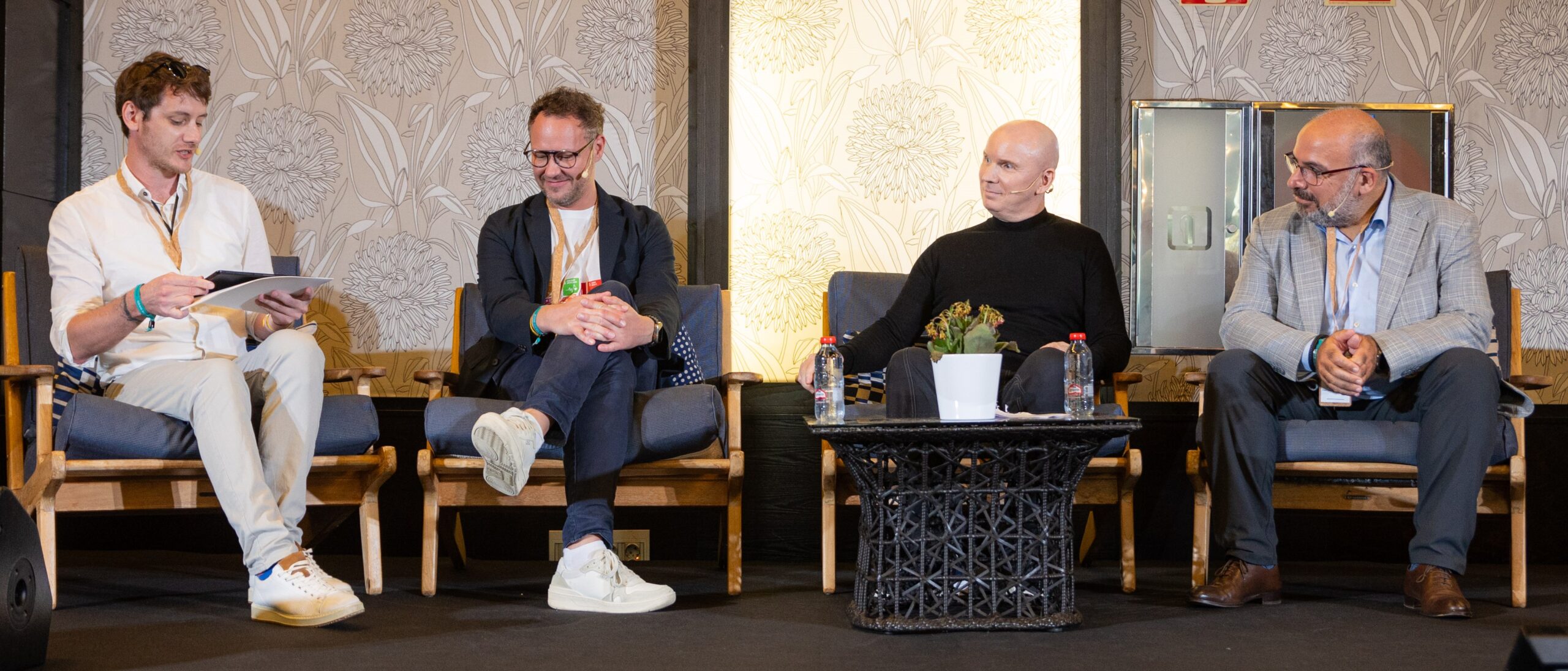
Photo credit: BizzTech, Urban Metaverse and Smart Cities Tenerife 2024
- Earlier this month you at BizzTech organized a first global event devoted to Urban Metaverse and Smart Cities, in Tenerife. This event seems to set a foundation for a collaborative leadership approach toward embracing metaverse technology when creating smart spaces. What are key takeaways that resonate with your strategy?
Ah, Tenerife was electric! The biggest takeaways? Collaboration and consensus. The event was a convergence of minds committed to practical progress. One key takeaway is the emphasis on partnerships over silos; cities need to adopt a consortium approach where tech providers, urban planners, and policymakers co-design solutions.
Another point was the stark reminder that sustainability must be at the core—integrating technology that not only connects but conserves and enhances the environment. Finally, fostering a sense of agency among citizens emerged as a cornerstone; technology should serve people, not the other way around.
Most importantly, I think we all managed to agree on what the metaverse is, what it is not, and how valuable it is as a tool. Not just for cities either, but for industry, education, cultural preservation, storytelling, and so much more. Our goal was to put BizzTech and the urban metaverse on the map. I believe that we succeeded.
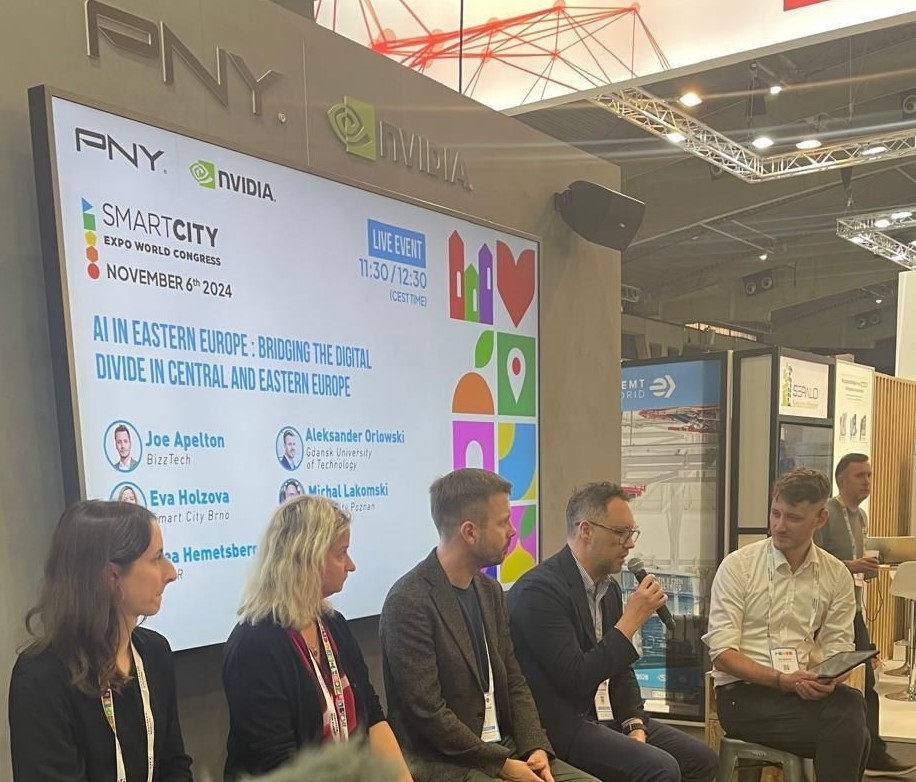
Photo Credit: BizzTech
- As every fall, Smart Expo in Barcelona is the biggest fair dedicated to smart city solutions. BizzTech was an exhibitor and you participated at panel discussions. Tell us your impressions about it and some examples of the solutions you were impressed with.
Barcelona always delivers. This year, I felt that there was a shift in the content and the type of exhibitors present. Keep in mind that this is only my opinion! I felt that we experienced fewer “solutions” and a greater focus on “tools”.
Instead of “look at my solution, it’s going to save the world!” I saw something more like “here is a tool we can use to identify a challenge, and with the data and knowledge gained from this tool, we can help to collaboratively find a solution”. Does that make sense? I hope so.
I was fortunate enough to lead two panel discussions, one with Dell Technologies and NVIDIA, and a second with PNY Technologies and NVIDIA, and they were both amazing successes. And the success was down to disagreement. It sounds counterintuitive, but it was refreshing to see experts and leaders disagree instead of nodding along with each other and the audience hearing the same echo chamber content. It’s a big step, and these disagreements have helped me pose new questions and develop new answers.
AI, metaverse, digital twins, autonomous systems, and advanced robotics are no longer the stuff of science-fiction. They’re here. We’ve made a giant leap since last year and it was plain to see. Next year will be even more exciting.
As for my highlight? It’s not a solution but I have to mention it: my real highlight was the Czech Pavilion. It won the most sustainable exhibitor award thanks to its use of recycled plastics, thrift-store ceramics, and an incredibly creative team. It’s that kind of imaginative thinking that is required to build smarter and more sustainable cities. The Czechs are on to something…







